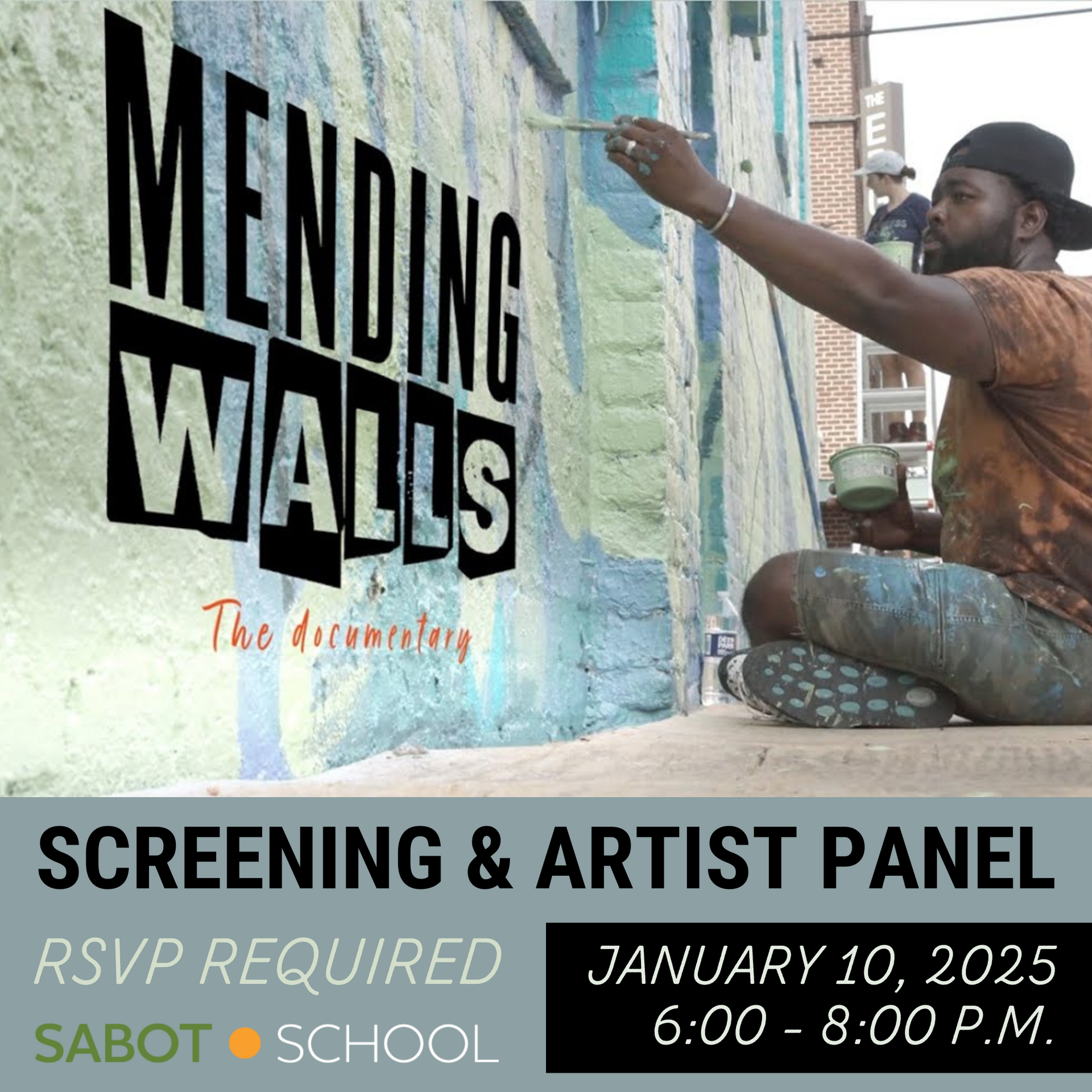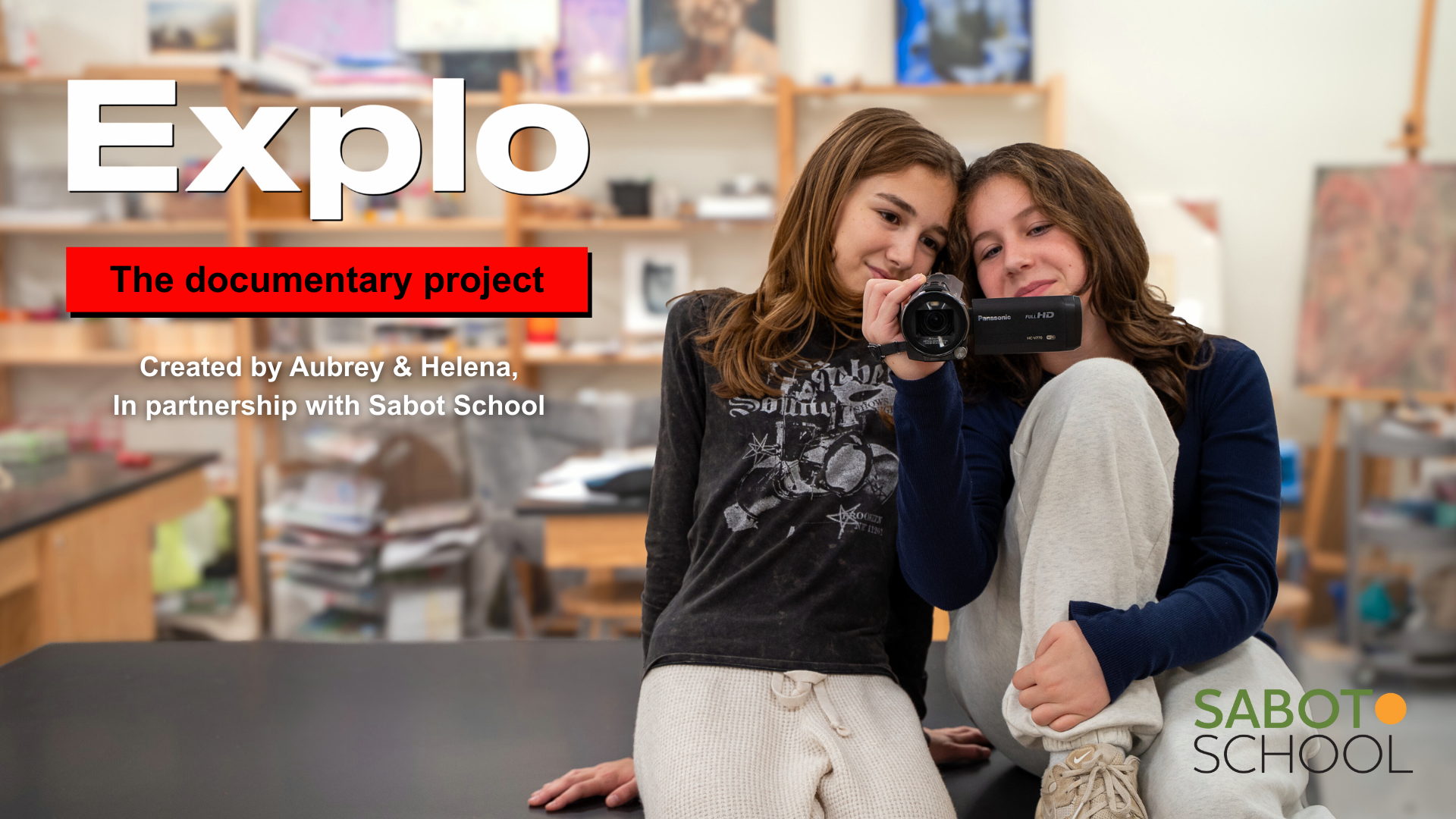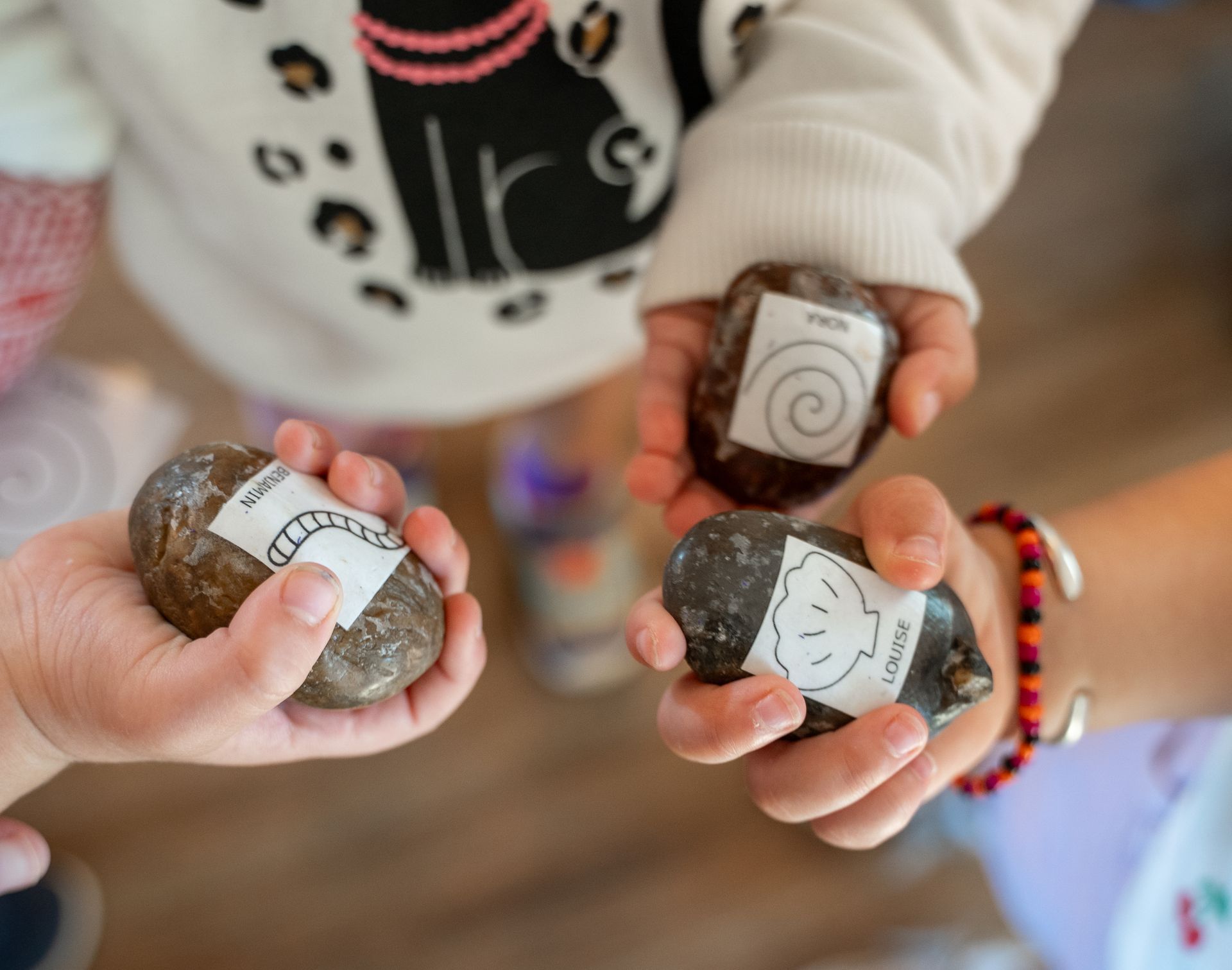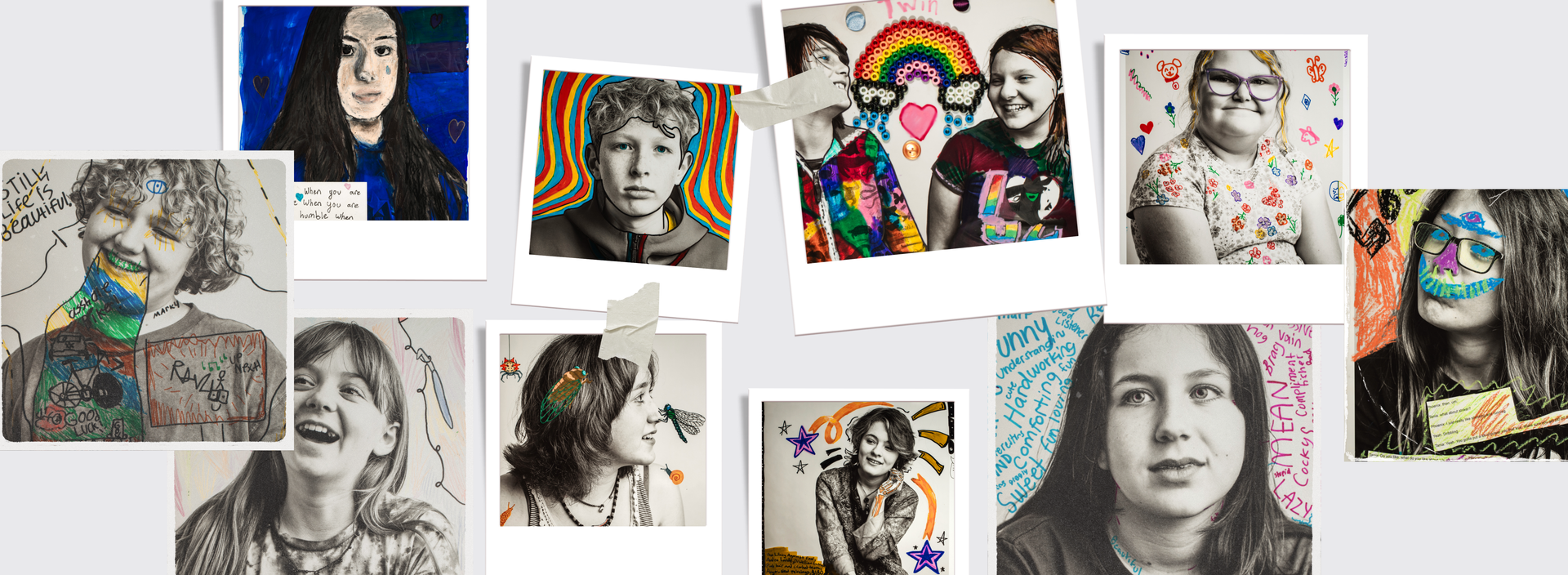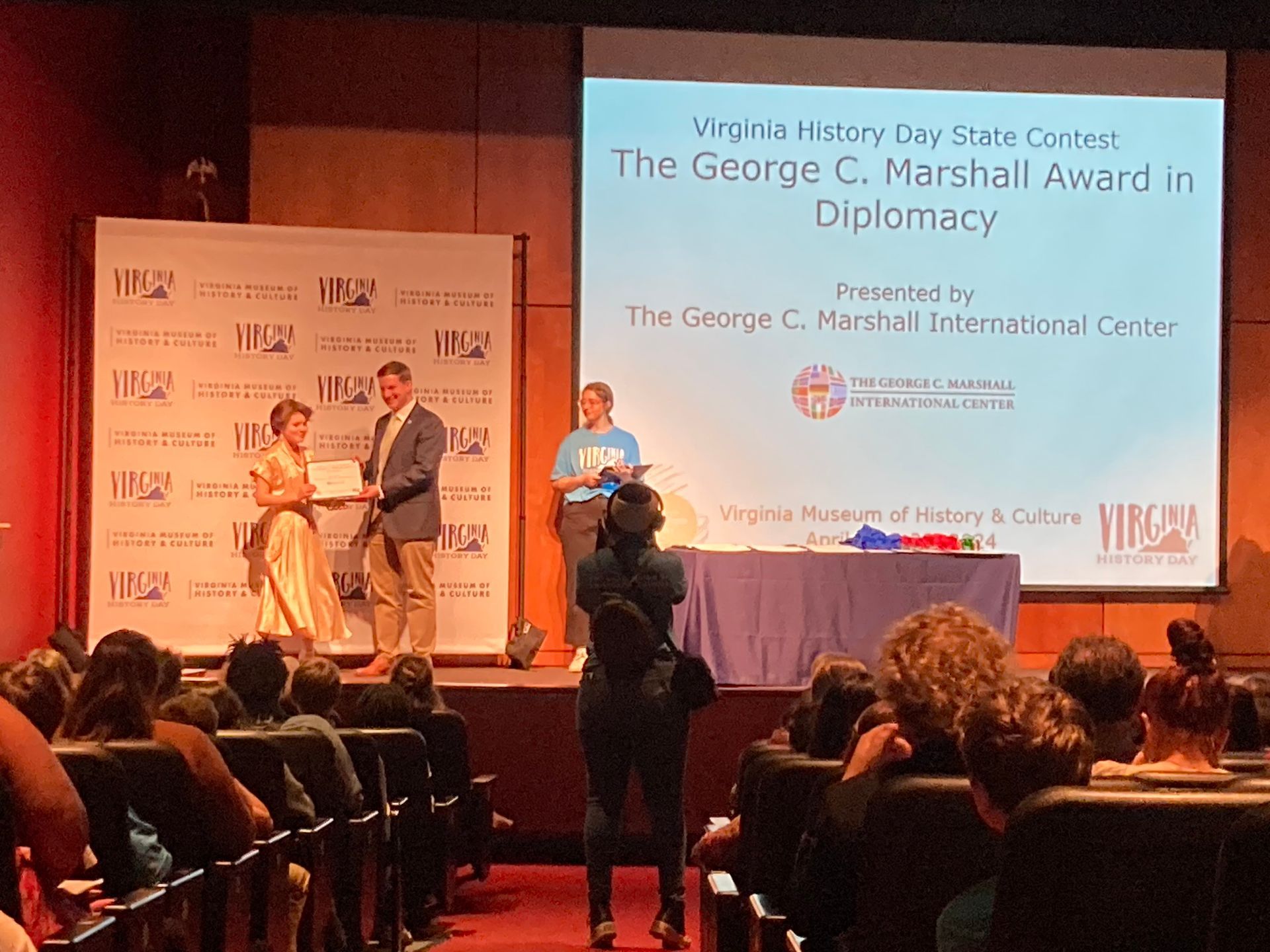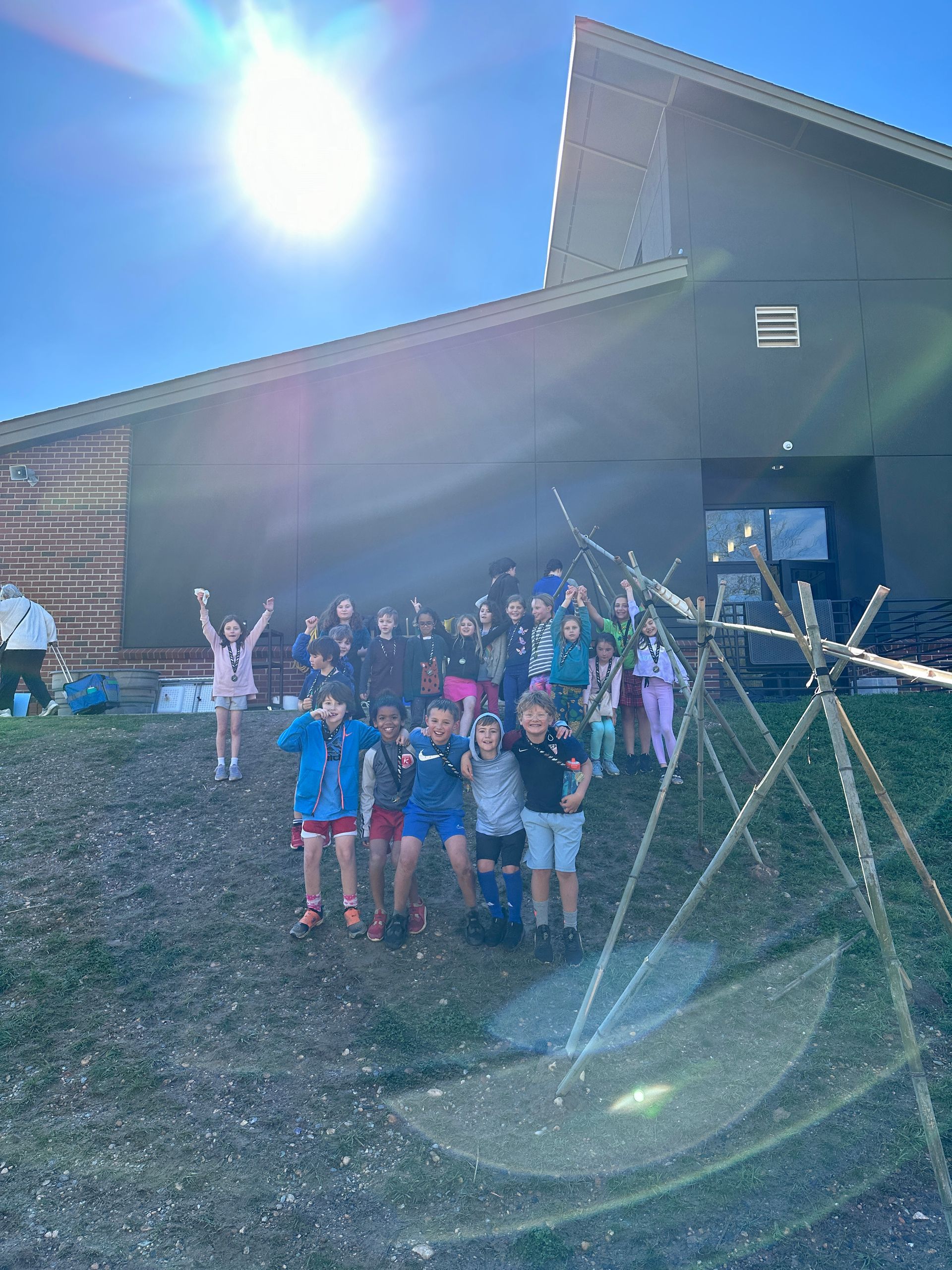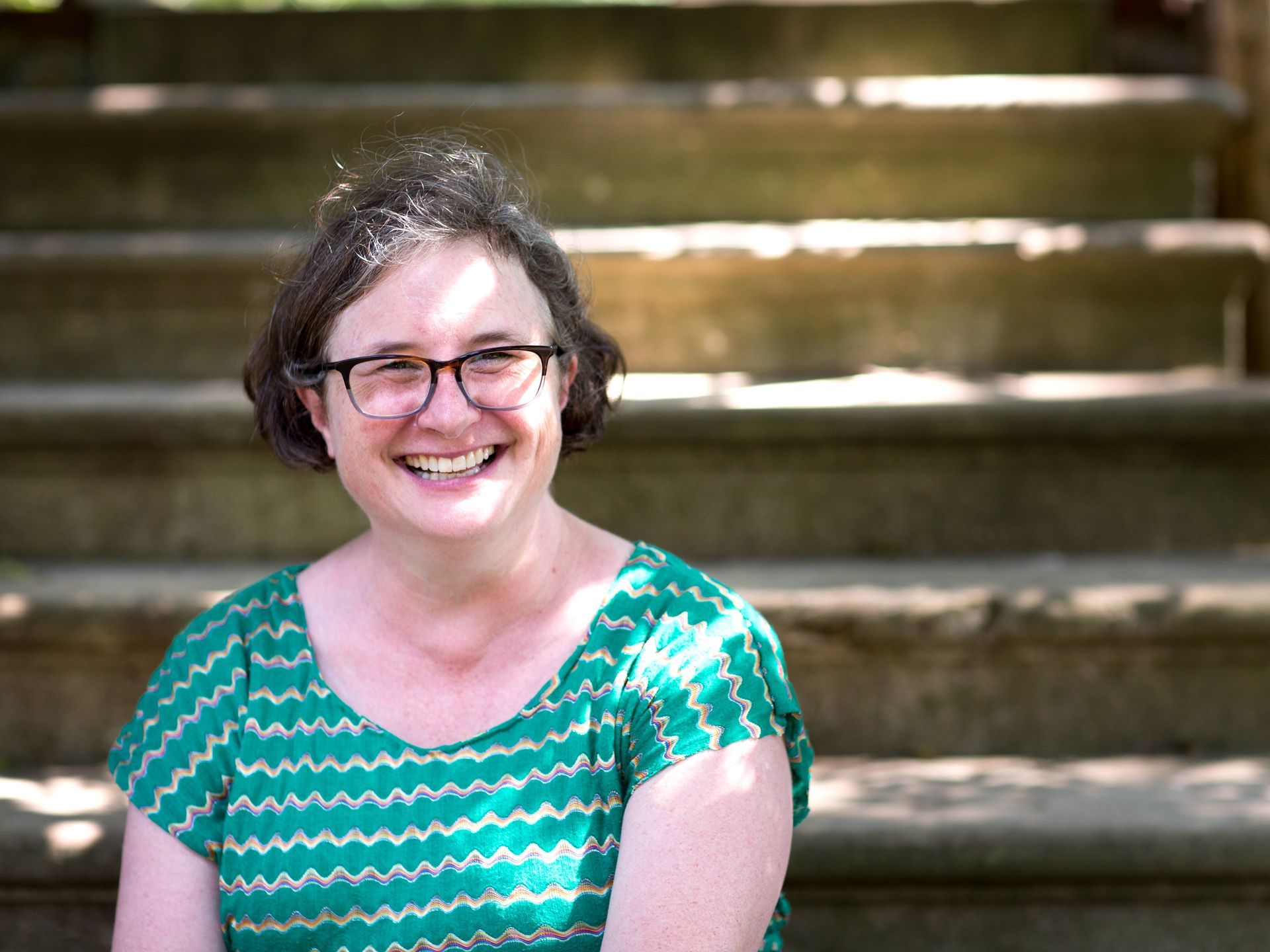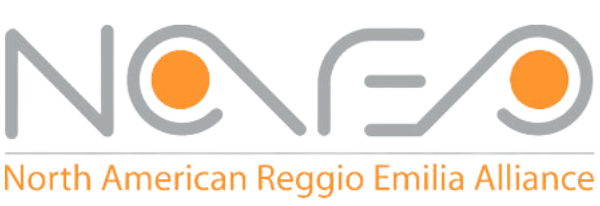Finding Meaning Through the Routine of Learning
by Ann Reavey, School Counselor
 In times of struggle, when surviving takes precedence over thriving, it’s easy to believe that finding meaning would take a back seat to getting by. However, we humans are complicated creatures who have evolved to seek out connection to something beyond ourselves, to create purpose in our lives.
In times of struggle, when surviving takes precedence over thriving, it’s easy to believe that finding meaning would take a back seat to getting by. However, we humans are complicated creatures who have evolved to seek out connection to something beyond ourselves, to create purpose in our lives.
We don’t need to look beyond Viktor Frankl, Nelson Mandela, Ruby Bridges, or Hellen Keller to know that a higher purpose can provide the impetus to overcome immense challenges. However, motivation is a fickle muse. When obstacles are less monumental than the fight for human dignity, motivation may be harder to summon. Investing time and energy in an exploratory project, word study, or math practice probably does not feel deeply important.
Skill-building for a lower or middle school student can be challenging even when we are not in the midst of a global pandemic. Certainly, the quotidian work of education pales in significance when families are facing serious illness and/or financial hardship. I would argue that the practice of learning enables connection with a higher purpose, which can serve as an anchor in a turbulent sea.
In every Sabot classroom, we see that when children construct their own knowledge, the more routine aspects of learning become infused with purpose, curiosity, and wonder. We believe that the process of education is what matters, not merely the knowledge acquired. The journey to the answer is far more important than the answer itself.
In his book Drive , Daniel Pink writes:
We know that human beings are not merely smaller, slower, better-smelling donkeys trudging after that day’s carrot. We know – if we’ve spent time with young children or remember ourselves at our best – that we’re not destined to be passive and compliant. We’re designed to be active and engaged. And we know that the richest experiences in our lives aren’t when we’re clamoring for validation from others, but when we’re listening to our own voice – doing something that matters, doing it well, and doing it in the service of a cause larger than ourselves.
Engagement with Seesaw or Google Classroom is not the carrot. These platforms are tools that we must wield to maintain our connection, skills, and collaborative projects. Our educational tools have changed, and we will experience cognitive dissonance as we adjust to new conduits of learning. But we will not reject the learning process simply because these tools are initially difficult. Thinking flexibly and persisting are two habits of mind that emerge under duress but yield tremendous growth and opportunity.
Sitting with the discomfort of a new way of learning nurtures the skills that students need to make sense of the complicated world around them. Reading for understanding and information, writing for communication and expression, quantitative and qualitative reasoning for critical thinking – all of these skills are enhanced with practice and purpose.
A daily journal that seems a chore can become an outlet for worries and a crucible for solutions. A history reading can provide context and reference for the economic collapse unfolding around us. The discipline of focus needed when listening to others’ opinions can also be leveraged to listen to the inner voice that informs our values and morals.
I believe our 5th Grade Teacher-Researchers, Marla Wilson and Jon Patmore, said it best:
…when we continue school and learning, we communicate that life will go on after this. When we drop academic expectations completely, we communicate that we don’t expect a future in which people will need to know how to multiply or how to write sentences, for example. That is a scary thing to lay on an eleven-year-old.
…working on things together through school reminds us that we are still part of a strong community, albeit one we won’t see in person for a little while – a community we need and which needs us. It invites and even requires everyone, from the extroverts to the socially reserved among us, to reach out – on chats and hangouts and document comments and video messages – and stay in touch, stay connected. Right now, it doesn’t feel like too many things are more important than that.
As counterintuitive as it may sound, engaging with classmates, teachers, and the activities of the school day provides students with the opportunity to have personal agency in a world that feels increasingly out of control.
Finding a student’s zone of proximal development and maintaining reasonable expectations with Connected Learning demands persistence. This means sitting with a student through the discomfort of skill-building – sometimes providing a break but also extending the encouragement to return to the task. I know this is hard. You can do this.
As psychologist Mihaly Csikszentmihalyi states in his book, Flow : “Most enjoyable activities are not natural; they demand an effort that initially one is reluctant to make. But once the interaction starts to provide feedback to the person’s skills, it usually begins to be intrinsically rewarding.” As parents and educators, we must provide support for our students to find that magical balance between challenge and joy.
When we stay in connection with our learning community, despite the many difficulties, we honor that deep human need to seek meaning and purpose in our lives. Our routines and learning tools have changed dramatically, but we will craft them into worthy vehicles for our curiosity, dreams, joy, and wonder.
Read more in Scientific American : Everyday Routines Make Life Feel More Meaningful
The post Finding Meaning Through the Routine of Learning appeared first on Sabot at Stony Point.
SHARE THIS POST
